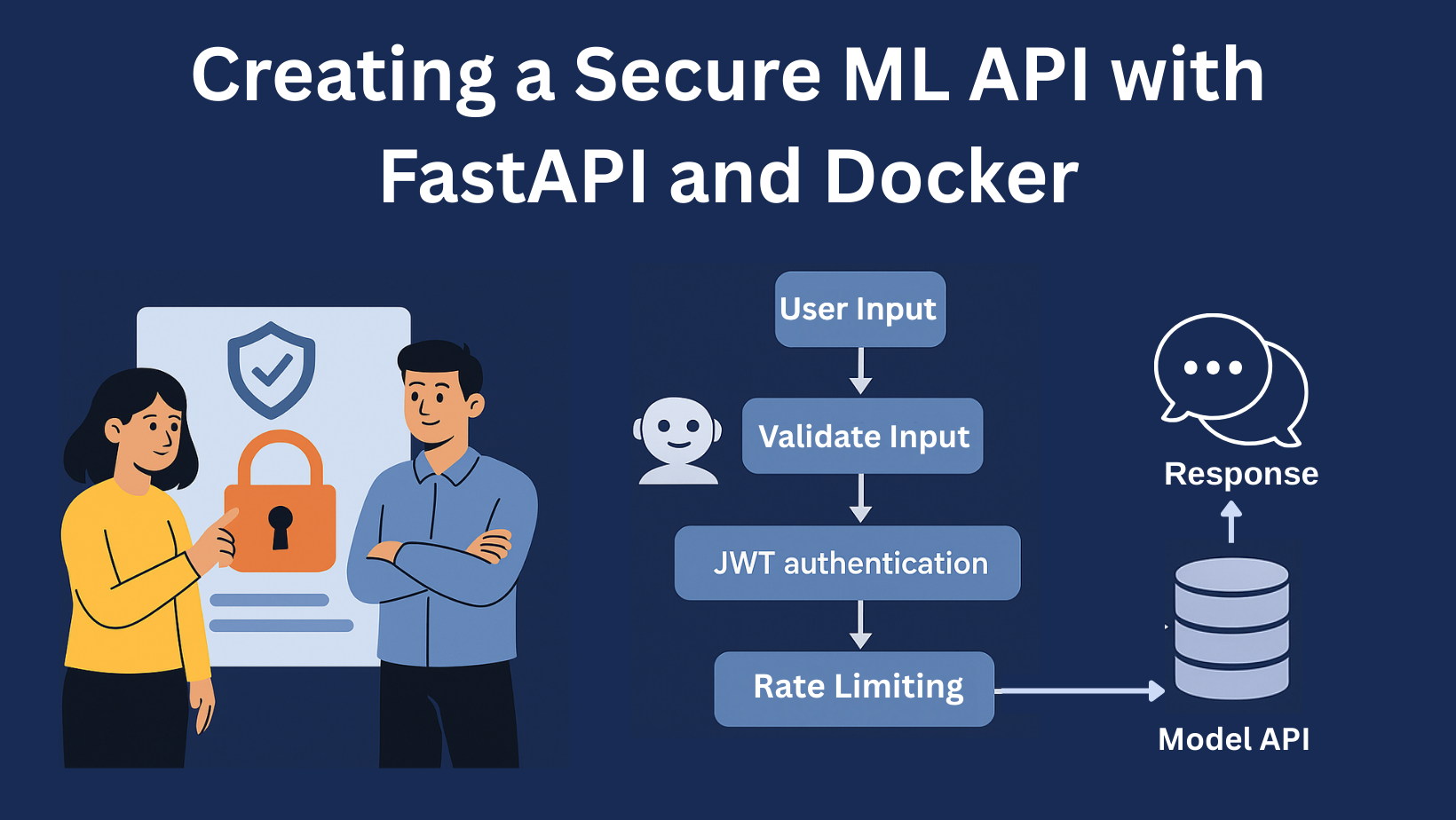Catching Secrets Early: A Lightweight Build-Time Tripwire for Vite
Ever pushed an API key to production? Don’t lie—we’ve all done it. Here’s how to make sure it never happens again, using a 10-line Vite plugin. Secrets don’t belong in your codebase. Not in a commit, not in a PR, and definitely not in production. And yet, it happens—a quick console.log() with an API key, a test token dropped into a config file, a placeholder password that never gets removed. Days later? Still there. Weeks? Maybe it even gets pushed to production. I've heard more than one story of dev teams scanning older, inherited codebases—only to find hardcoded API keys sitting in plain text. These weren’t new mistakes, they’d been buried for years. It’s a reminder that even quiet, untouched code can hide serious risks. Let’s talk about how to catch this stuff early, right in your Vite dev build, before it ever hits version control. One easy win: adding a secret-scanning plugin to your Vite build.

Ever pushed an API key to production? Don’t lie—we’ve all done it. Here’s how to make sure it never happens again, using a 10-line Vite plugin.
Secrets don’t belong in your codebase. Not in a commit, not in a PR, and definitely not in production.
And yet, it happens—a quick console.log() with an API key, a test token dropped into a config file, a placeholder password that never gets removed. Days later? Still there. Weeks? Maybe it even gets pushed to production.
I've heard more than one story of dev teams scanning older, inherited codebases—only to find hardcoded API keys sitting in plain text. These weren’t new mistakes, they’d been buried for years. It’s a reminder that even quiet, untouched code can hide serious risks.
Let’s talk about how to catch this stuff early, right in your Vite dev build, before it ever hits version control. One easy win: adding a secret-scanning plugin to your Vite build.














-Olekcii_Mach_Alamy.jpg?width=1280&auto=webp&quality=80&disable=upscale#)

















































